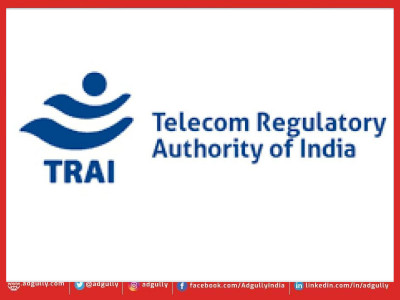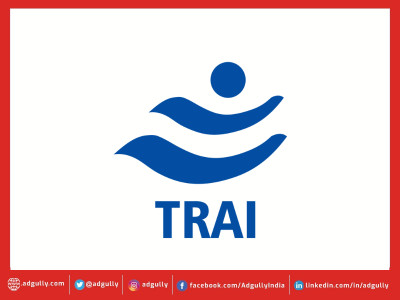Trai recommends statutory regulatory authority to oversee AI
The Telecom Regulatory Authority of India (Trai) emphasizes the necessity to regulate specific AI use cases, which could directly impact human lives, within a well-structured risk-based framework.
In 2020, the Department of Telecommunication sought Trai's expertise and recommendations. On Thursday, the Telecom Regulatory Authority of India (Trai) unveiled a set of groundbreaking recommendations advocating the urgent implementation of a regulatory framework to govern the responsible advancement of artificial intelligence (AI) across various industries. In its comprehensive 10-page report, Trai stressed the importance of regulating AI use cases that have a direct impact on humans, employing a risk-based approach.
Additionally, Trai proposed the establishment of the independent statutory authority, the Artificial Intelligence and Data Authority of India (AIDAI), to act as both a regulator and recommendatory body, providing advisory services across all AI-related domains. The administrative ministry for AI would be the Ministry of Electronics and Information Technology, as recommended by Trai.
The regulatory framework should prioritize the regulation of high-risk AI use cases that directly affect humans, ensuring they adhere to legally binding obligations.
AI's potential extends far beyond the telecom sector, reaching into vital areas such as healthcare, transportation, finance, education, and agriculture. Trai emphasized the need for a holistic approach to analyze AI's impact across various sectors, rather than concentrating solely on telecom.
Though the Department of Telecommunication requested these recommendations in 2020, Trai acknowledged the evolving nature of AI technology, which required careful examination of various aspects, including multiple use cases in telecommunication and other sectors, based on international practices that were still in their infancy.
AIDAI will play a pivotal role in facilitating the adoption of future technologies and innovative AI models. It will collaborate with government technical standard-setting bodies like the Telecom Engineering Centre for accrediting labs that test AI products and solutions. The authority will also offer recommendations and oversight on data digitization, sharing, and monetization, establishing ethical frameworks, and ensuring data owner privacy and security.
AIDAI should strive to create a consistent framework for private and public entities to adopt the national data policy. Furthermore, the authority should frame regulations concerning responsible AI usage and principles, applying them based on risk assessments. Trai suggests evolving the framework through input from a proposed multi-stakeholder body, global best practices, and public consultation.
This multi-stakeholder body should consist of members from diverse backgrounds, including various ministries, departments, industry experts, legal and cyber experts, academia, research institutes, and relevant government representatives as special invitees, as needed.
A key recommendation includes ensuring that responsible AI principles are integrated into every phase of the AI framework life cycle, from design and development to validation, deployment, monitoring, and refinement.
The body should also devise a model AI governance framework to guide organisations in adopting AI responsibly, alongside ethical codes applicable to public and private entities in different sectors. In addition to this, the multi-stakeholder body will consider various aspects of AI regulation to promote orderly sector growth and consumer protection.
















Share
Facebook
YouTube
Tweet
Twitter
LinkedIn